My name is Ailish Moriarty and I’m a 2019 Nuffield scholar. I work as a milk quality manager for Kerry Agribusiness in south Kerry. I’m married to Paddy and we have two children. We run a dairy farm on the Dingle Peninsula in Annascaul. My passion is farming, particularly animal health.
For my Nuffield scholarship, I’ve chosen to investigate the role of milk surveillance schemes in the development of an effective herd health framework.
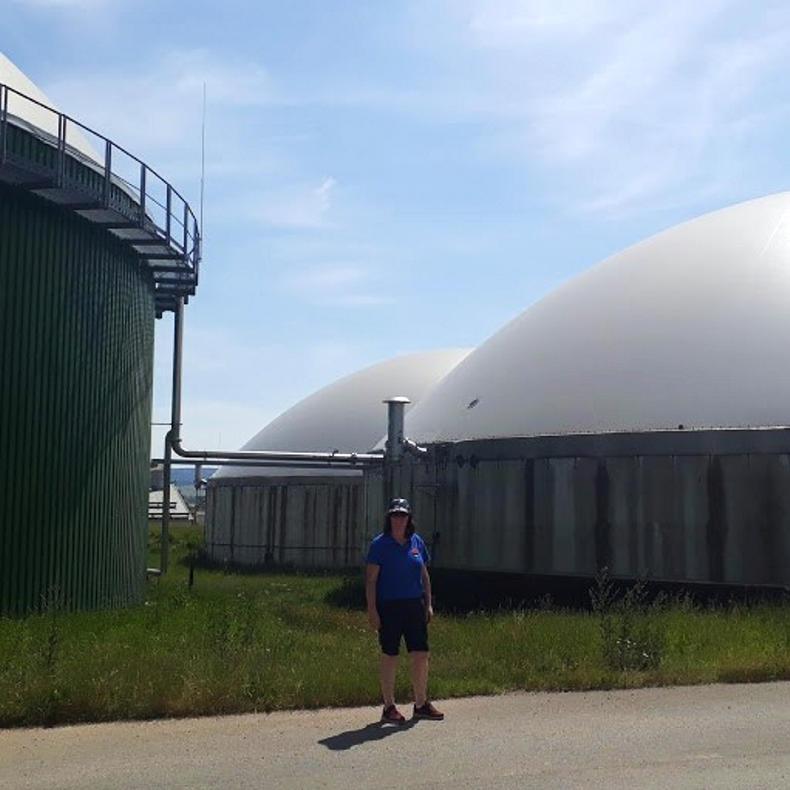
Ailish Moriarty, 2019 Nuffield scholar, on a German dairy farm. In the background is an anaerobic digester producing biogas from the farm.
My lifelong ambition has always been to visit China and the Nuffield Global Focus Programme (GFP) gave me that opportunity this year.
In June, I embarked on a 42-day trip and was fortunate to be able to contrast seven countries in three continents over a six-week period, with an exceptional group of like-minded individuals from various agricultural backgrounds.
The group of 10 Nuffield scholars that I travelled with included farmers from Australia, New Zealand, Brazil, the Netherlands, England and Scotland.
The first stop of our GFP tour was Singapore, a city-state which has positioned itself as an independent and secure hub that acts as the gateway of trade into Asia. From Singapore, our group moved to the Philippines, which is the home of the International Rice Research Institute (IRRI).
Food staple
I had totally underestimated the importance of rice, with four billion people dependent on it as a critical food source every day.
Through learning by doing, we got the opportunity to get our feet dirty and sow rice in paddy fields using an ox.
Manila, the capital city of the Philippines, is seriously underprivileged, but it does have enormous potential to develop into a thriving city in the next 20 years.
After a brief stop in Hong Kong, we finally touched down in China. I didn’t know what to expect, but I was stunned with the beauty of Shanghai. The architecture of the buildings was fascinating and a highlight of the trip.
Twenty-six-million people reside in this picturesque city with a strong western influence. It was obvious as we travelled through the vast regions of Shanghai, the Shandong Province, Inner Mongolia and finally Beijing how China has moved from 18% of its population living in cities to more than 58% of the population living in urban centres today. This has seen a shift of 640m people from rural areas to the city.
The Chinese landscape is changing, with an increased shift and focus on large-scale agribusiness from smaller-scale community or family farms
The Chinese landscape is changing, with an increased shift and focus on large-scale agribusiness from smaller-scale community or family farms.
Doing business in China can be difficult, but the importance of business networking and relationship-building was key.
It’s clear the Chinese consumer still does not trust domestic dairy production, particularly infant formula.
Although it was a brief visit, I feel we got a glimpse of the real China and it has completely changed my perception of this wonderful country.
Germany
After leaving China, we travelled to Europe and we literally stayed at the edge of the Berlin Wall in Germany.
It had been a good few years since my last visit to Berlin and it was interesting to see how the German capital had changed and developed in the last two decades.
Stefan and Elisabeth Teepker were our fantastic hosts and we were fortunate to visit both eastern and western Germany, with the opportunity to contrast both.
Another high point of our GFP tour was a visit to a dairy farm in Thüringen, eastern Germany, where we learned that farmers in this region are very proactive in monitoring their herds for disease using blood and bulk milk screening, even in such intensive indoor dairy systems.
The efficiency and precision of German agriculture was very evident. The importance of innovation and diversification on farms became obvious very quickly.
Consumer perception of agriculture is very negative in Germany. However, German farmers are overcoming this perception through adaptability and exceeding environmental concerns.
Ireland
From Germany, our group travelled to Ireland where it was an absolute privilege for me to showcase Ireland.
I found myself becoming quite defensive of Irish agriculture as the week progressed, but it was extremely beneficial to get an outside, unbiased perspective from other farmers. Overall, the group’s impression of Ireland was hugely positive.
It is critical to further develop and market Ireland’s green image, not just for dairy and beef, but across all sectors.
The group questioned the over-dependence on subsidies in our beef sector and wondered if this discouraged innovation and diversification on beef farms.
My group also noted that the link between farmers and consumers is very strong in Ireland, which is something that must be protected.
Washington DC
For the final leg of our GFP, we visited Washington DC before finishing up in Texas. It can be difficult to understand the American political system, but we got a snapshot on how business is done through meetings with Senators, lobbyists and US Department of Agriculture (USDA).
Our group got some insight into the impact geopolitics has had on worldwide trade, particularly in relation to the ongoing trade war between the US and China.
Texans are exceptionally proud people with a strong sense of identity. This was very evident in their ‘Go Texan’ brand, which is marketed and displaced on all products and services developed in the Lone Star state.
One of the big learnings from my six-week GFP tour is that farmers all over the world all face very similar challenges.
Environmental regulation, growing disconnect between agriculture and consumers, labour shortages and food price pressures are just some of the common challenges facing farmers the world over. What is critical is how we can manage these into the future.
My name is Ailish Moriarty and I’m a 2019 Nuffield scholar. I work as a milk quality manager for Kerry Agribusiness in south Kerry. I’m married to Paddy and we have two children. We run a dairy farm on the Dingle Peninsula in Annascaul. My passion is farming, particularly animal health.
For my Nuffield scholarship, I’ve chosen to investigate the role of milk surveillance schemes in the development of an effective herd health framework.

Ailish Moriarty, 2019 Nuffield scholar, on a German dairy farm. In the background is an anaerobic digester producing biogas from the farm.
My lifelong ambition has always been to visit China and the Nuffield Global Focus Programme (GFP) gave me that opportunity this year.
In June, I embarked on a 42-day trip and was fortunate to be able to contrast seven countries in three continents over a six-week period, with an exceptional group of like-minded individuals from various agricultural backgrounds.
The group of 10 Nuffield scholars that I travelled with included farmers from Australia, New Zealand, Brazil, the Netherlands, England and Scotland.
The first stop of our GFP tour was Singapore, a city-state which has positioned itself as an independent and secure hub that acts as the gateway of trade into Asia. From Singapore, our group moved to the Philippines, which is the home of the International Rice Research Institute (IRRI).
Food staple
I had totally underestimated the importance of rice, with four billion people dependent on it as a critical food source every day.
Through learning by doing, we got the opportunity to get our feet dirty and sow rice in paddy fields using an ox.
Manila, the capital city of the Philippines, is seriously underprivileged, but it does have enormous potential to develop into a thriving city in the next 20 years.
After a brief stop in Hong Kong, we finally touched down in China. I didn’t know what to expect, but I was stunned with the beauty of Shanghai. The architecture of the buildings was fascinating and a highlight of the trip.
Twenty-six-million people reside in this picturesque city with a strong western influence. It was obvious as we travelled through the vast regions of Shanghai, the Shandong Province, Inner Mongolia and finally Beijing how China has moved from 18% of its population living in cities to more than 58% of the population living in urban centres today. This has seen a shift of 640m people from rural areas to the city.
The Chinese landscape is changing, with an increased shift and focus on large-scale agribusiness from smaller-scale community or family farms
The Chinese landscape is changing, with an increased shift and focus on large-scale agribusiness from smaller-scale community or family farms.
Doing business in China can be difficult, but the importance of business networking and relationship-building was key.
It’s clear the Chinese consumer still does not trust domestic dairy production, particularly infant formula.
Although it was a brief visit, I feel we got a glimpse of the real China and it has completely changed my perception of this wonderful country.
Germany
After leaving China, we travelled to Europe and we literally stayed at the edge of the Berlin Wall in Germany.
It had been a good few years since my last visit to Berlin and it was interesting to see how the German capital had changed and developed in the last two decades.
Stefan and Elisabeth Teepker were our fantastic hosts and we were fortunate to visit both eastern and western Germany, with the opportunity to contrast both.
Another high point of our GFP tour was a visit to a dairy farm in Thüringen, eastern Germany, where we learned that farmers in this region are very proactive in monitoring their herds for disease using blood and bulk milk screening, even in such intensive indoor dairy systems.
The efficiency and precision of German agriculture was very evident. The importance of innovation and diversification on farms became obvious very quickly.
Consumer perception of agriculture is very negative in Germany. However, German farmers are overcoming this perception through adaptability and exceeding environmental concerns.
Ireland
From Germany, our group travelled to Ireland where it was an absolute privilege for me to showcase Ireland.
I found myself becoming quite defensive of Irish agriculture as the week progressed, but it was extremely beneficial to get an outside, unbiased perspective from other farmers. Overall, the group’s impression of Ireland was hugely positive.
It is critical to further develop and market Ireland’s green image, not just for dairy and beef, but across all sectors.
The group questioned the over-dependence on subsidies in our beef sector and wondered if this discouraged innovation and diversification on beef farms.
My group also noted that the link between farmers and consumers is very strong in Ireland, which is something that must be protected.
Washington DC
For the final leg of our GFP, we visited Washington DC before finishing up in Texas. It can be difficult to understand the American political system, but we got a snapshot on how business is done through meetings with Senators, lobbyists and US Department of Agriculture (USDA).
Our group got some insight into the impact geopolitics has had on worldwide trade, particularly in relation to the ongoing trade war between the US and China.
Texans are exceptionally proud people with a strong sense of identity. This was very evident in their ‘Go Texan’ brand, which is marketed and displaced on all products and services developed in the Lone Star state.
One of the big learnings from my six-week GFP tour is that farmers all over the world all face very similar challenges.
Environmental regulation, growing disconnect between agriculture and consumers, labour shortages and food price pressures are just some of the common challenges facing farmers the world over. What is critical is how we can manage these into the future.





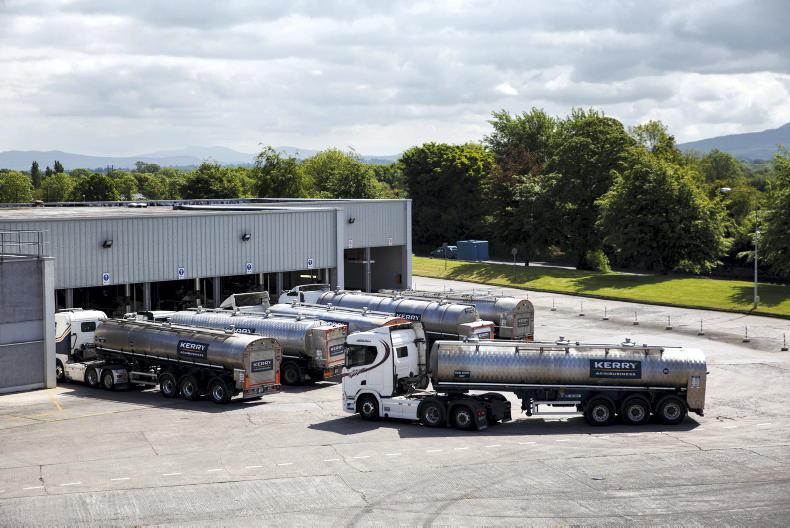

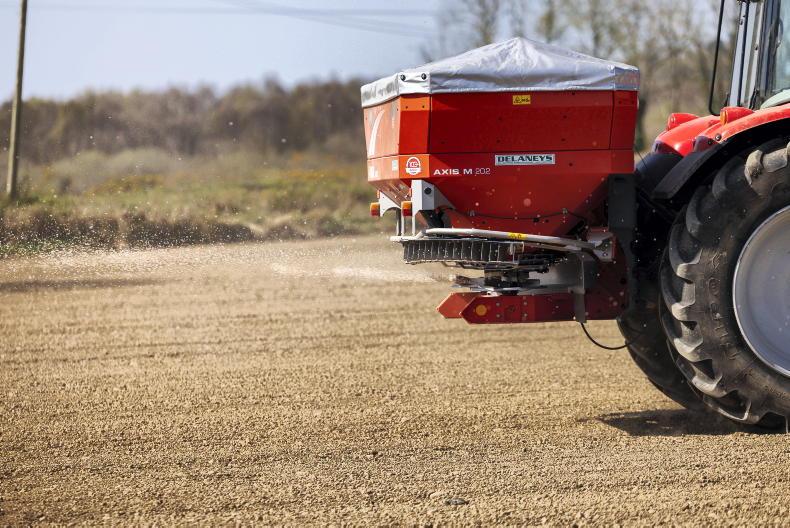
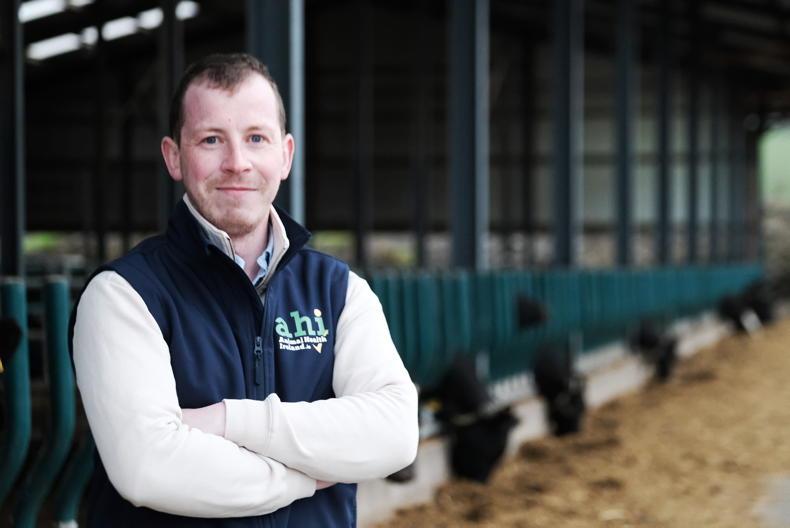
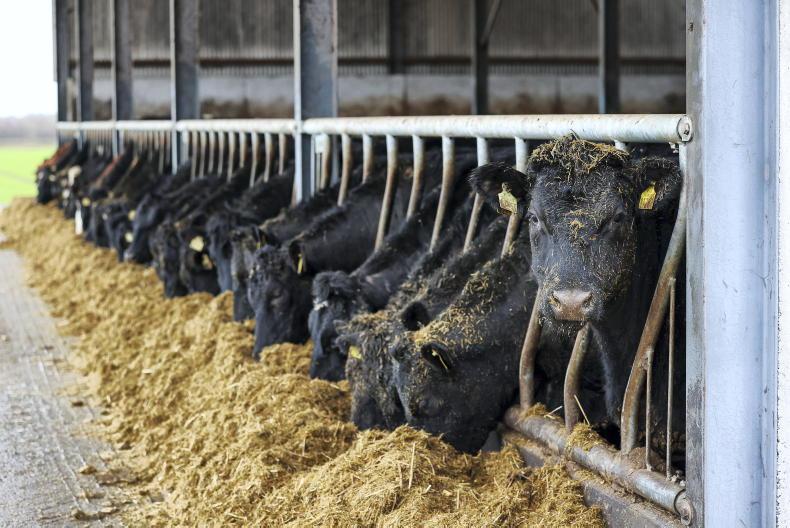
SHARING OPTIONS